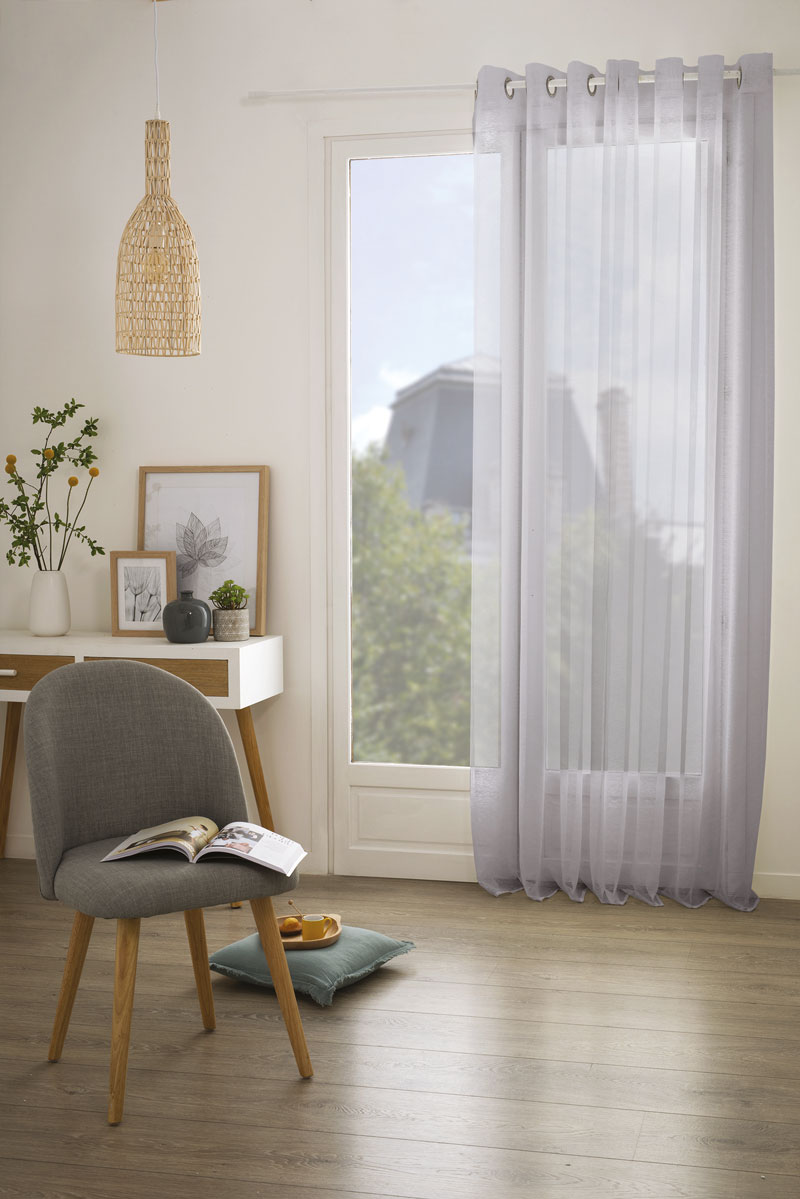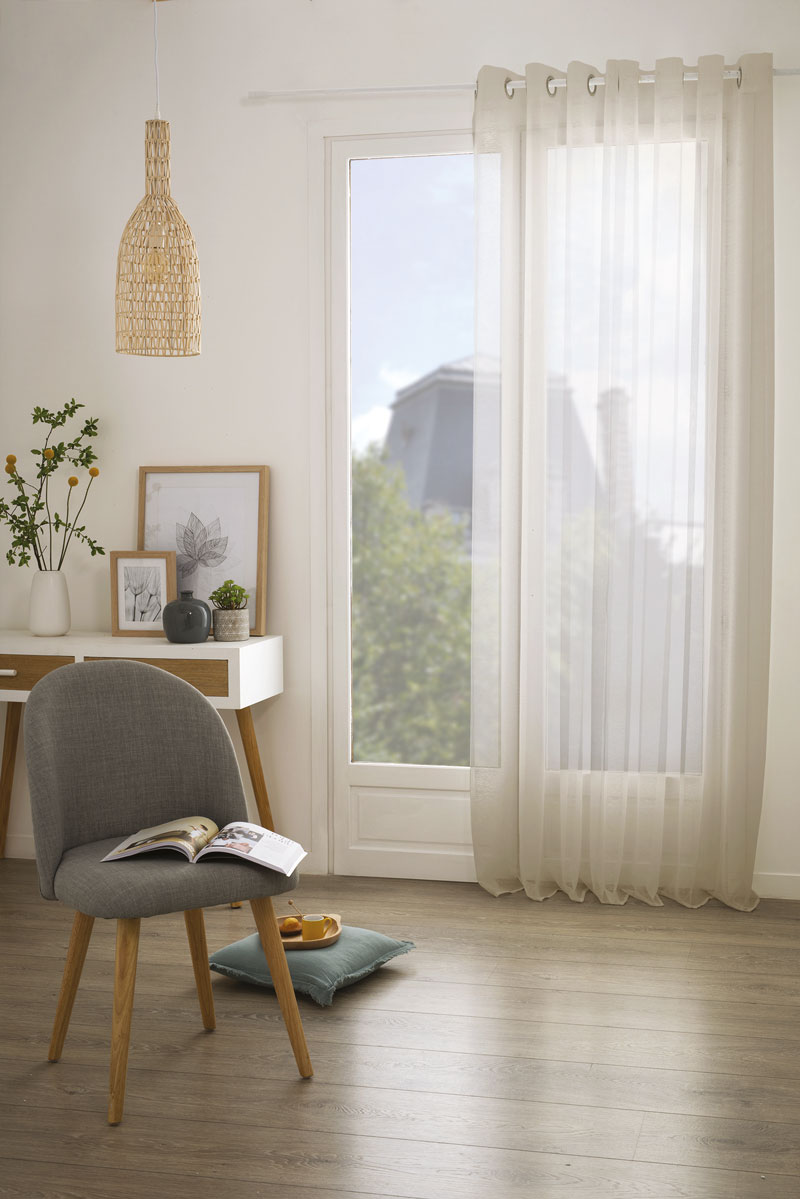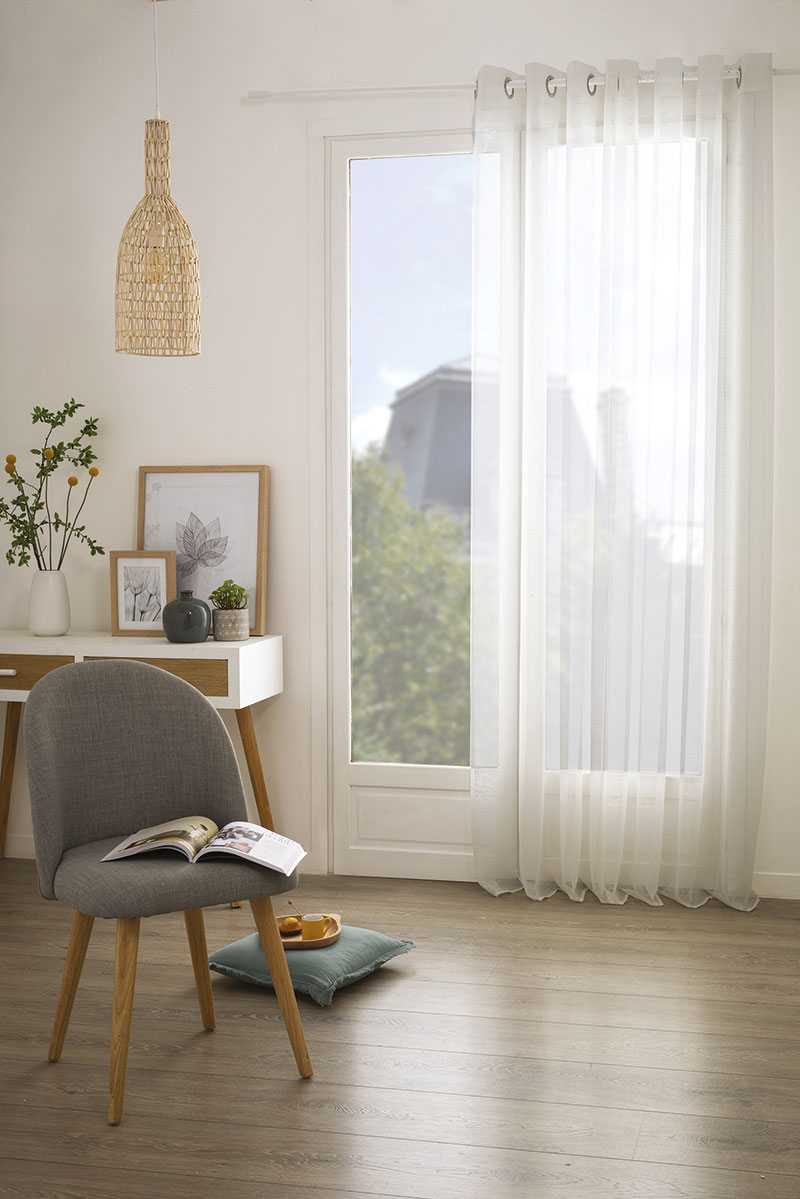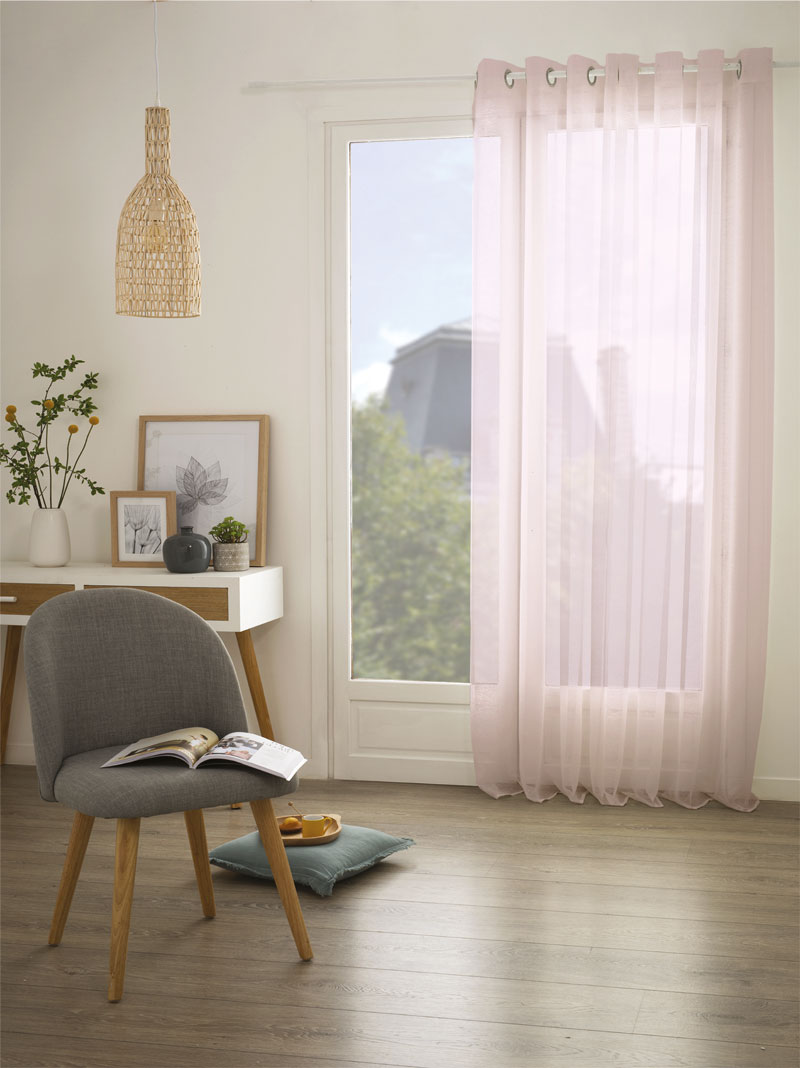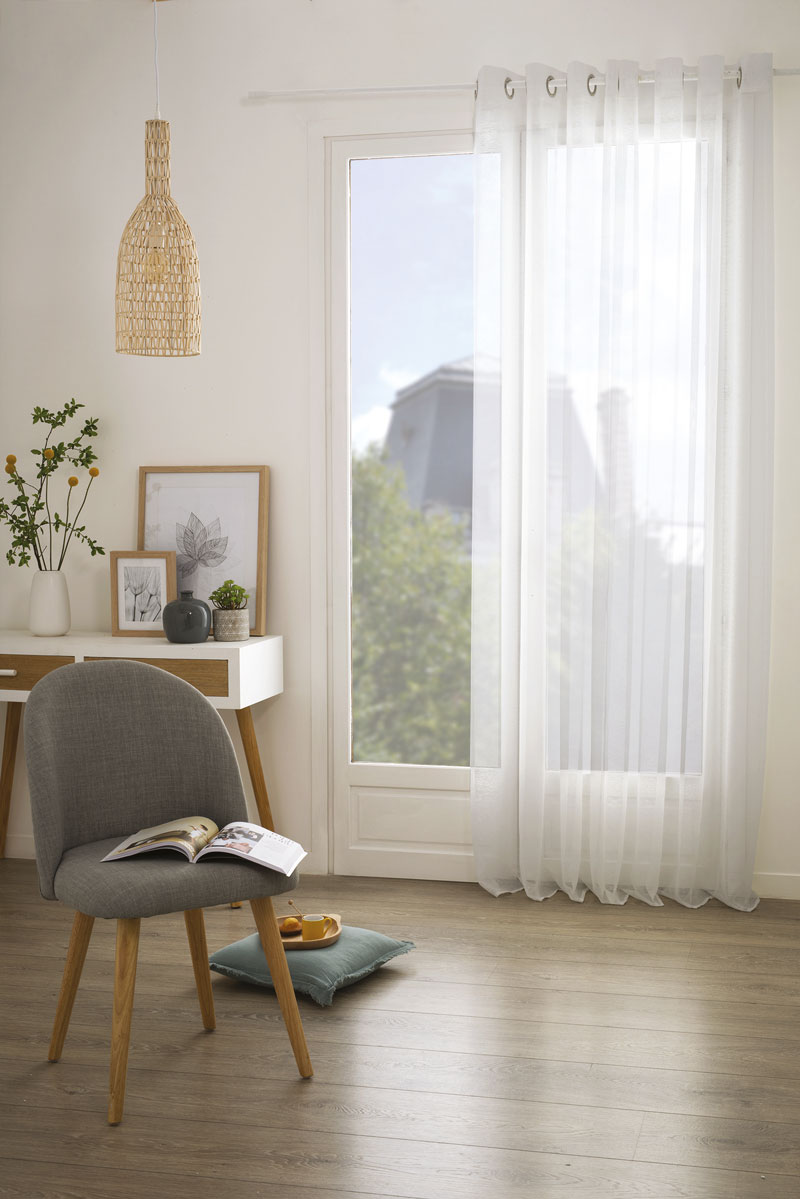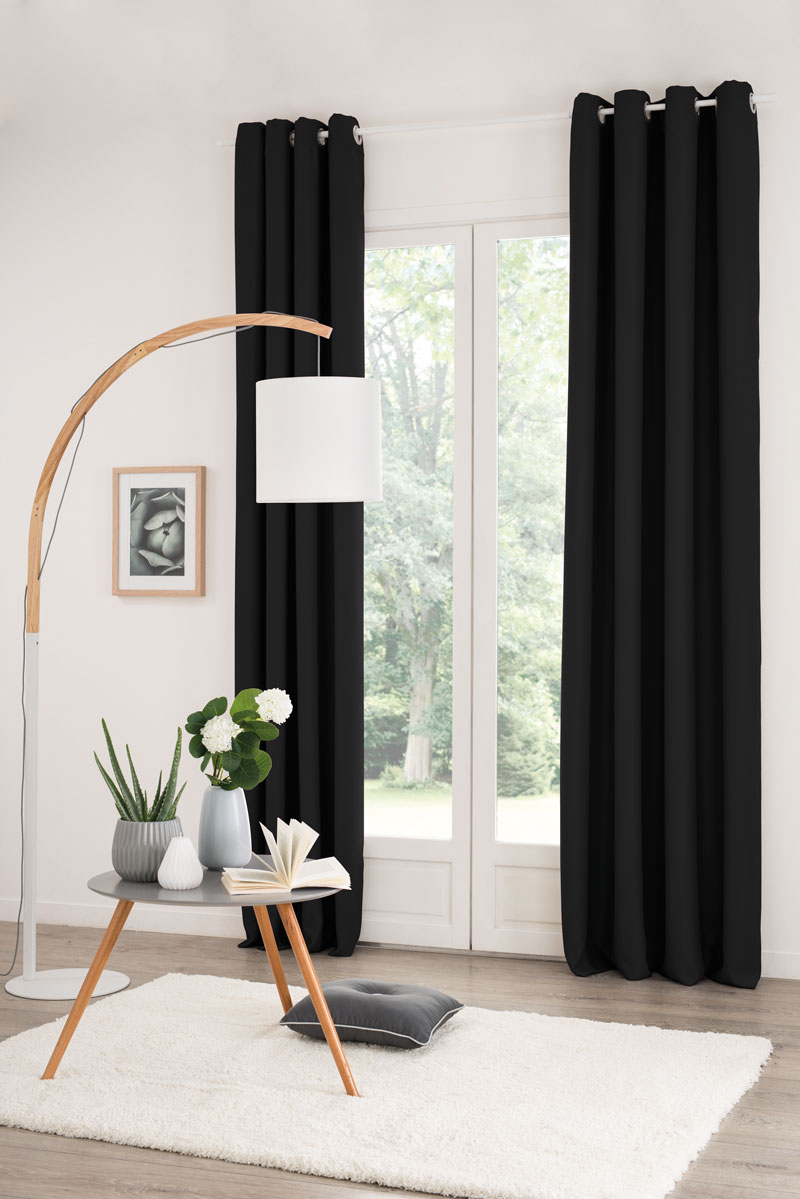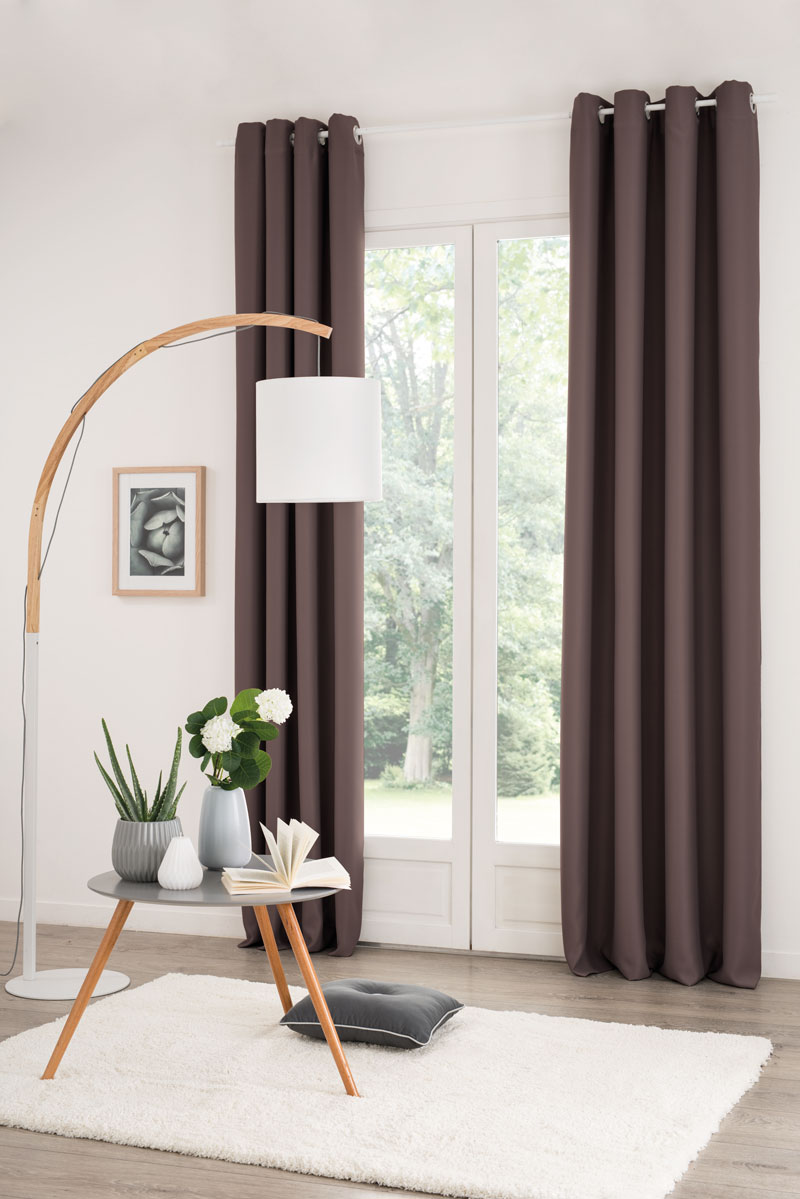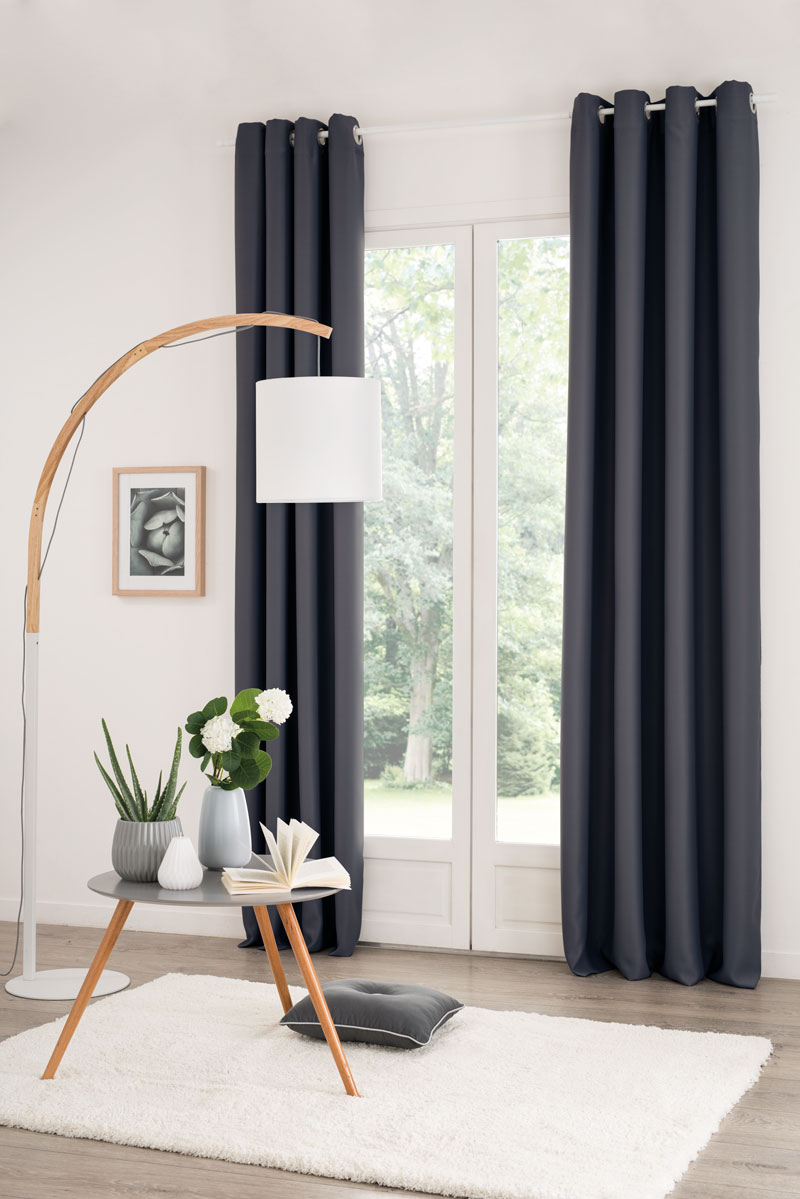Colorfastness Testing:
This test assesses the fabric's resistance to fading or bleeding of colors when exposed to light, washing, rubbing, or other factors.
Abrasion Resistance Testing:
Measures the fabric's durability and resistance to wear by subjecting it to repeated rubbing or abrasion. This test helps estimate the fabric's lifespan.
Tensile Strength Testing:
Determines the fabric's ability to withstand tension or pulling forces without tearing. This test evaluates the fabric's overall strength.
Tear Resistance Testing:

Assesses the fabric's resistance to tearing under stress. This test helps determine the fabric's durability and ability to withstand accidental pulls or snags.
Pilling Resistance Testing:
Evaluates the fabric's tendency to develop small, unsightly balls of fibers (pills) on its surface with regular use.
Dimensional Stability Testing:
Measures the fabric's ability to maintain its original size and shape when exposed to washing, heat, and other conditions.
Shrinkage Testing:
Determines the degree to which the fabric shrinks when subjected to washing or heat.
Flame Resistance Testing:
Determines the fabric's reaction to flame exposure and assesses its ability to resist igniting or spreading fire.
Lightfastness Testing:
Measures the fabric's resistance to fading or degradation when exposed to light, simulating the effects of sunlight over time.
Chemical Testing:
Tests for the presence of harmful chemicals, toxins, or allergens that could pose risks to human health.
Wrinkle Resistance Testing:
Assesses the fabric's ability to resist wrinkling and creasing, especially after washing and drying.
Seam Strength Testing:
Evaluates the strength of seams, hems, and stitching to ensure they can withstand normal use and stress.
Color Matching Testing:
Ensures that fabrics from different batches maintain consistent color and pattern quality.
Crocking Testing:
Measures the fabric's tendency to transfer color onto other surfaces, such as upholstery or skin, through rubbing.
Tolerance and Consistency Testing:
Ensures that the fabric's properties, dimensions, and features remain consistent across different rolls or batches.
Durability Testing:
Simulates real-life usage conditions to assess how the fabric withstands various stressors over time.

 ENGLISH
ENGLISH  عرب
عرب España
España
